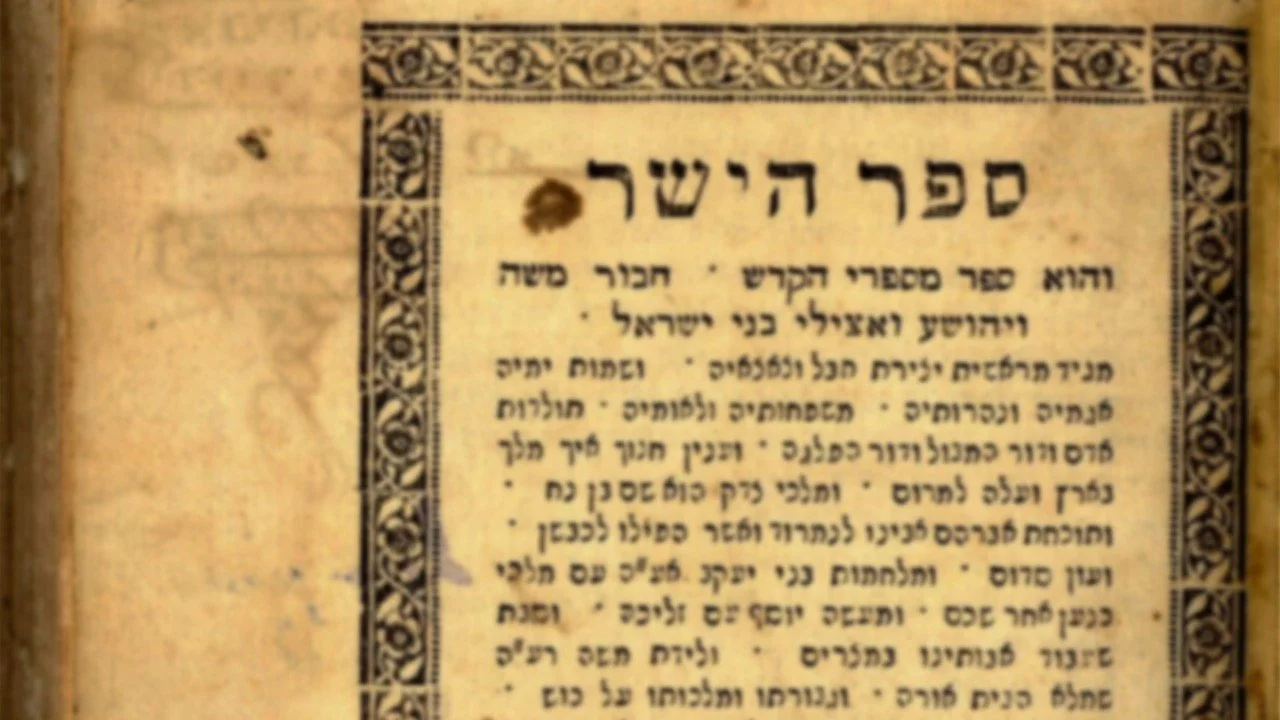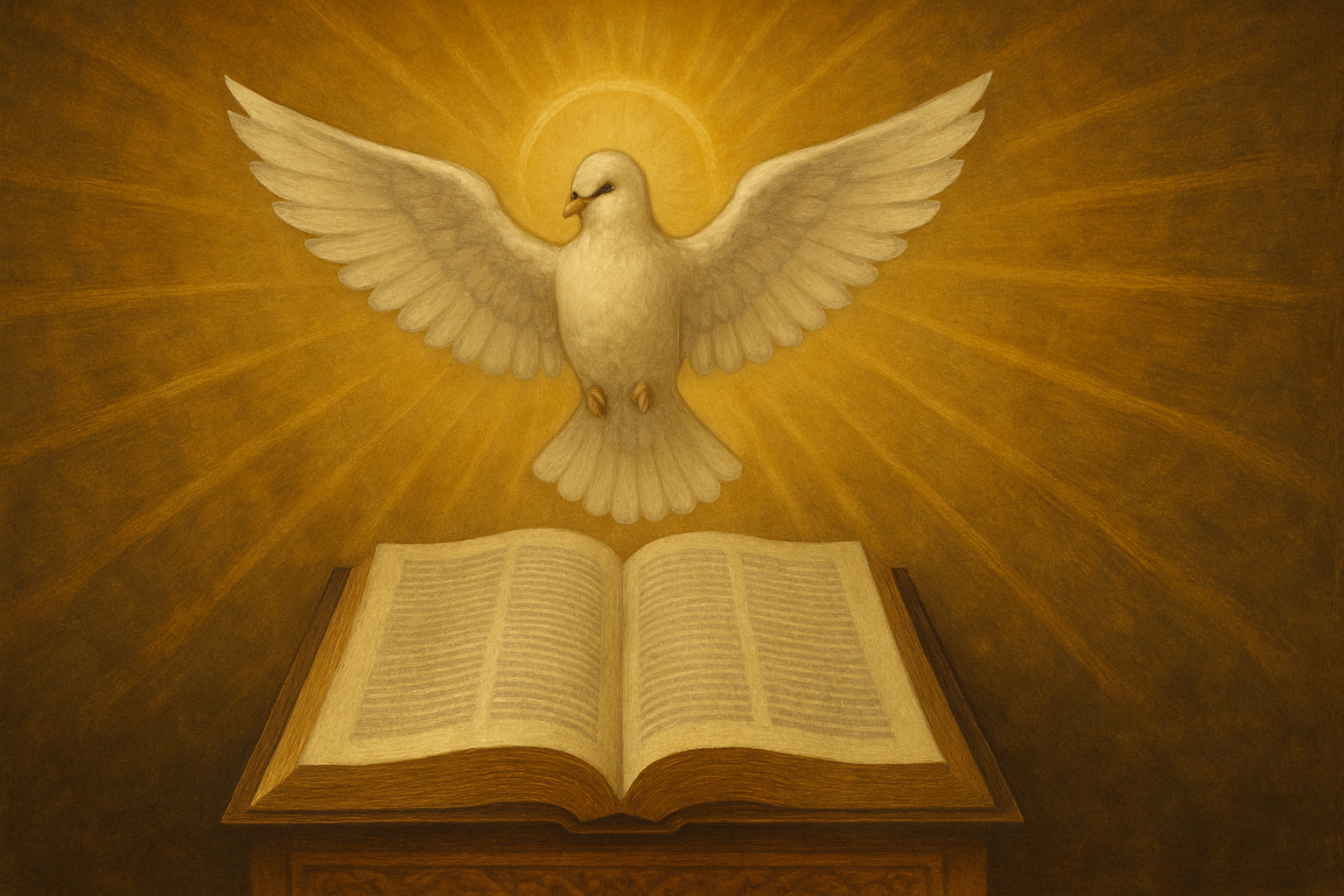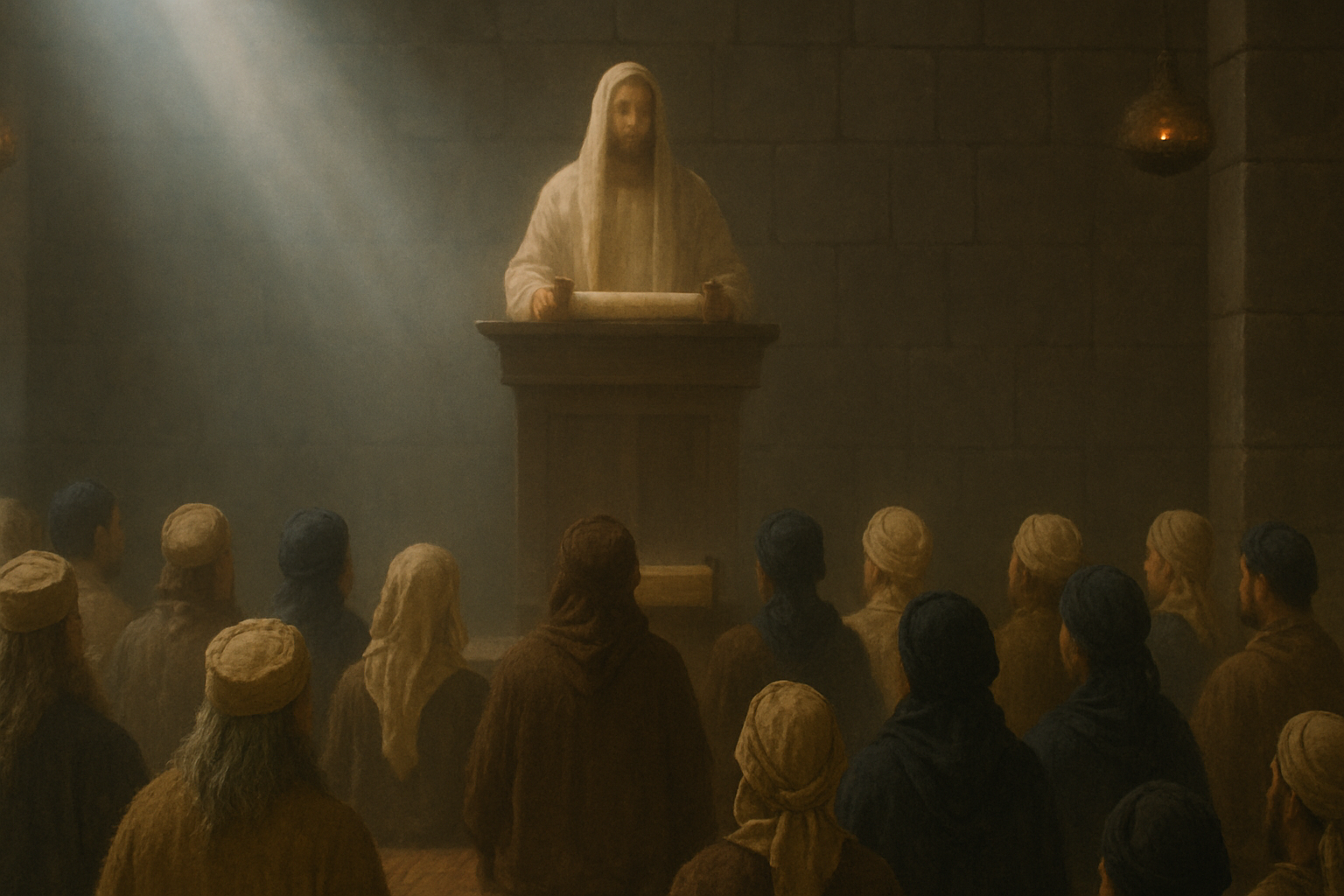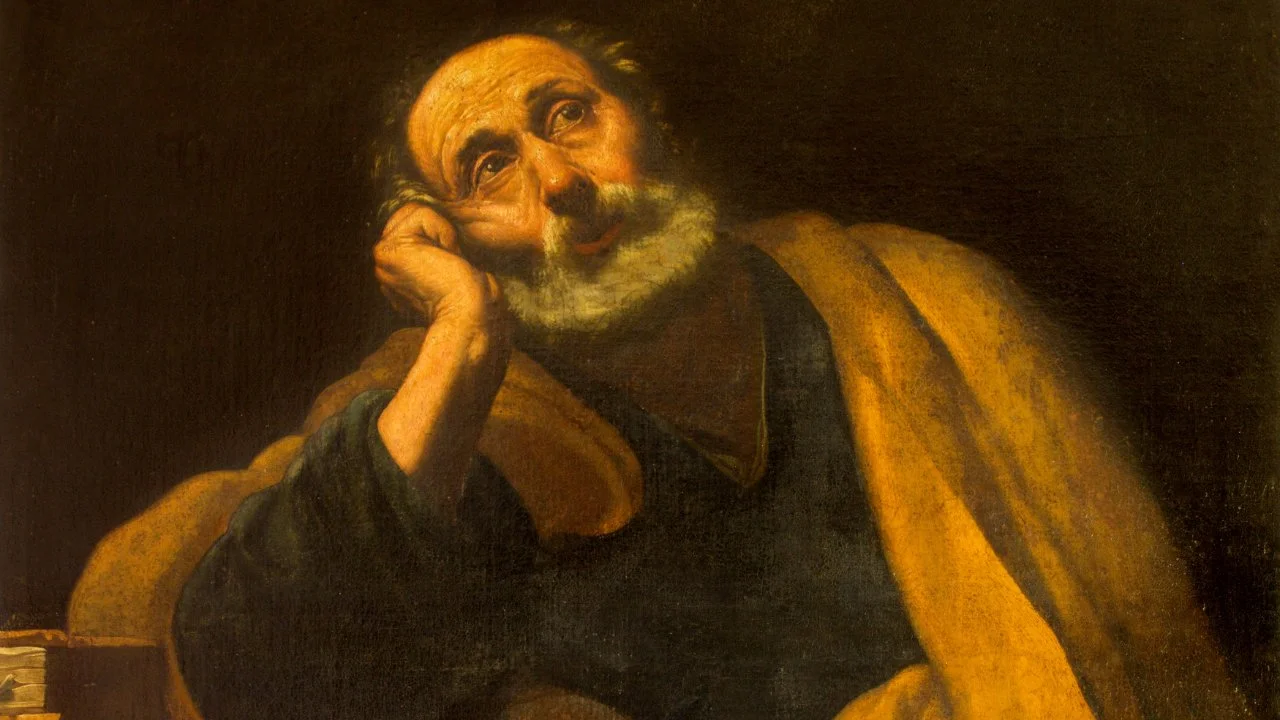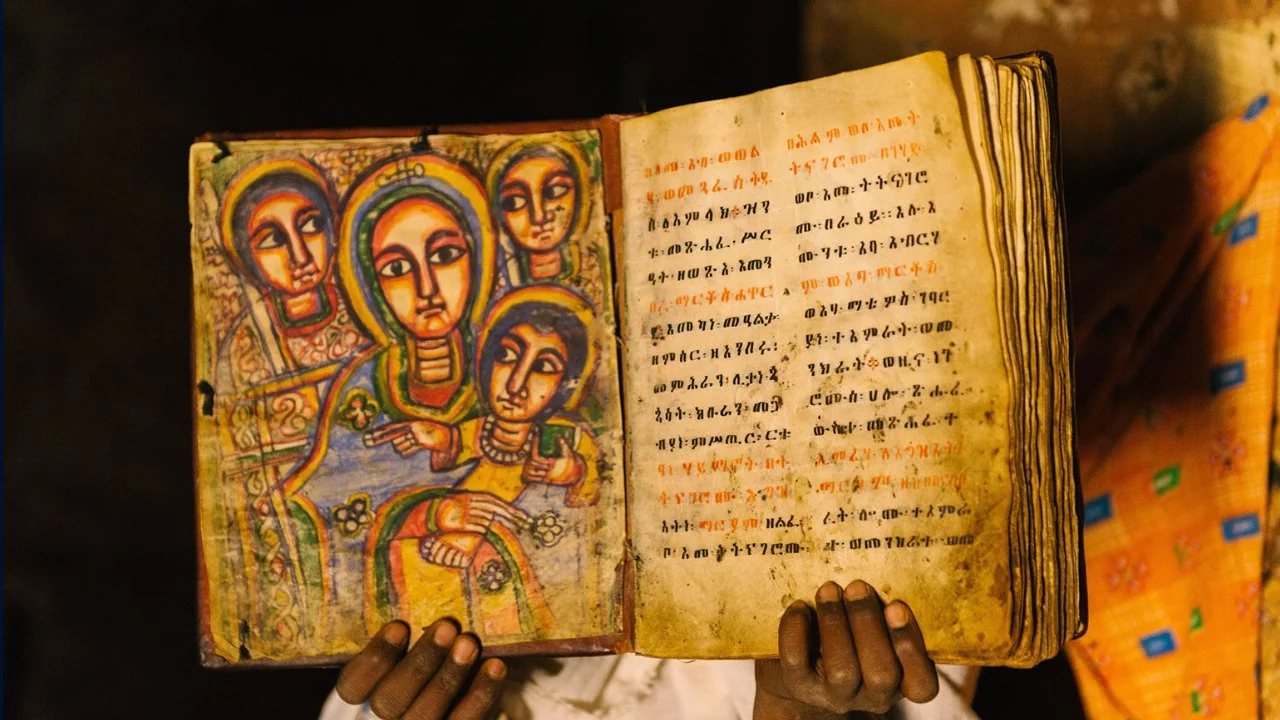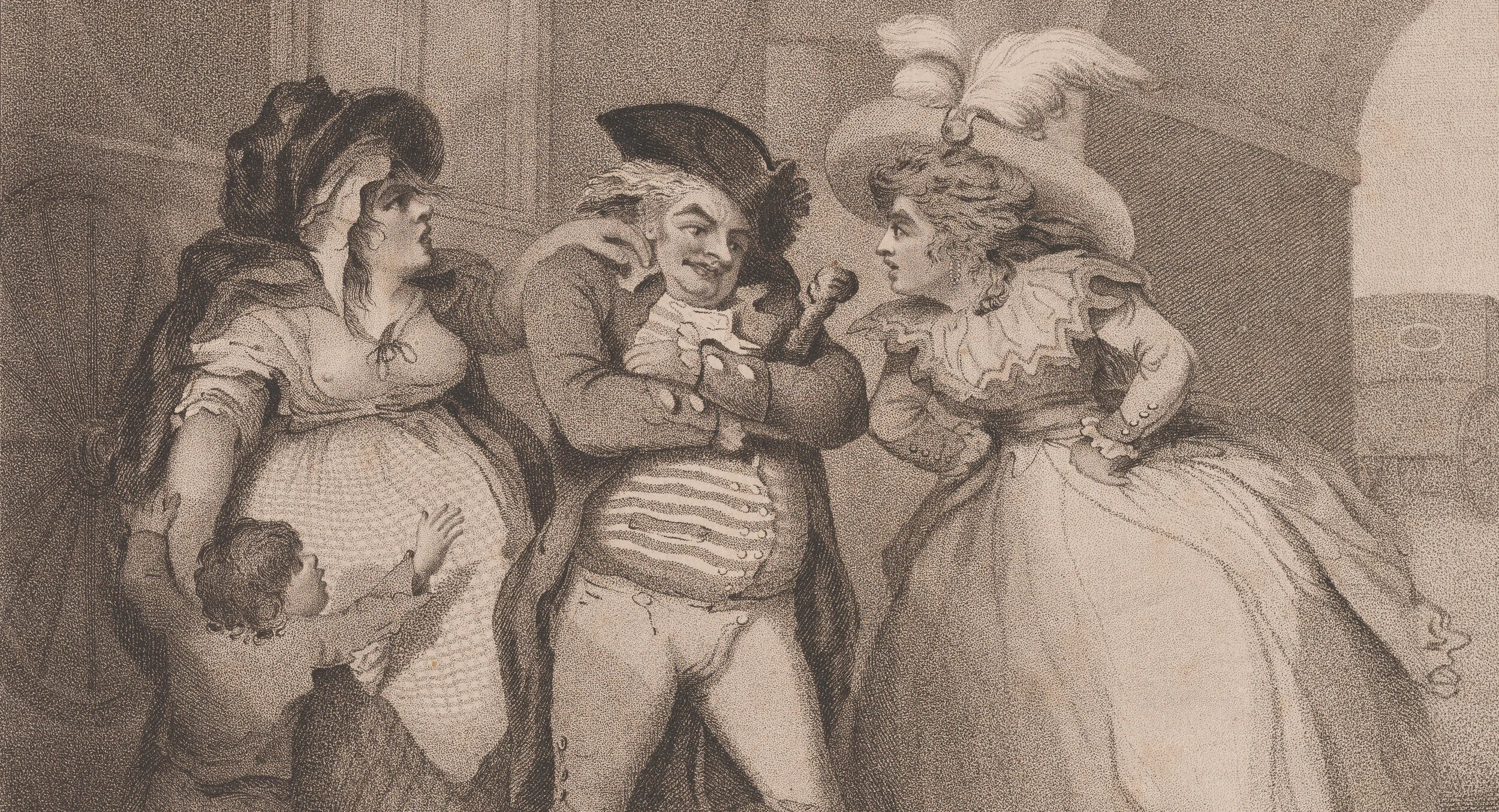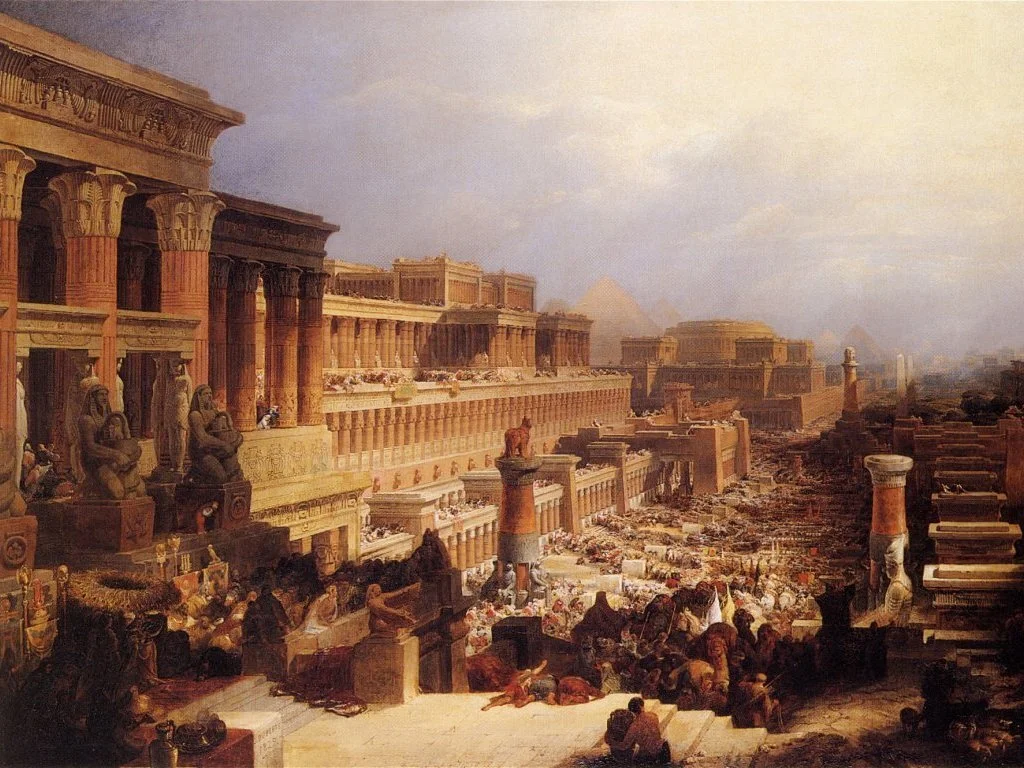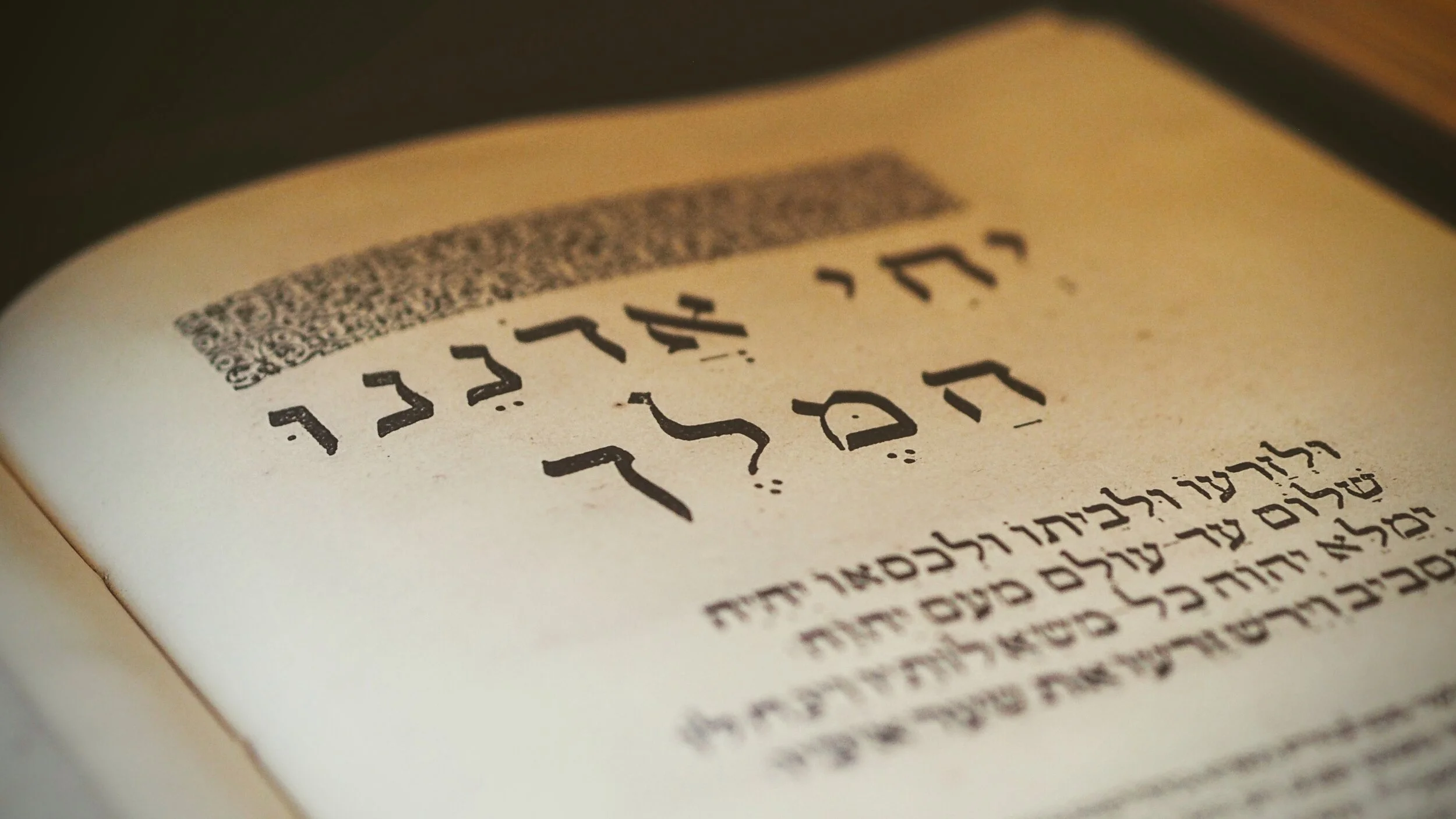Author: David Wilber
As believers around the world are being drawn back to the roots of their Christian faith and thus embracing the lifestyle and teachings of Yeshua (Jesus) and the apostles, there are often questions about some major parts of the Torah. It’s easy for most people to acknowledge the validity of commandments like the Sabbath and dietary instructions, but what about the priesthood? What about animal sacrifices? Isn’t Yeshua our High Priest? Isn’t He our sacrifice?
First of all, we know that Yeshua affirmed the ongoing validity and authority of the Torah in Matthew 5:17-20. He stated that not a jot or a tittle will pass from the Torah until heaven and earth pass away and all is accomplished (Note: This hasn't happened yet). According to Revelation 21:1ff, heaven and earth won’t pass away until there is no more crying, mourning, pain, and death (verse 4). Since we still have crying, mourning, pain, and death, it follows that nothing from the Torah has passed away. Indeed, Yeshua lived and taught the commands of Torah—such as the Sabbath and feast days—throughout His ministry. And the apostles followed in His footsteps by continuing to keep and teach the Torah throughout the New Testament. With regard to the topic at hand, Yeshua even instructed people to give offerings at the Temple (Mark 1:40-45). And Paul participated in the Temple services when he took a Nazarite vow, which requires an offering (Acts 21:20-16).
In addition to the references in the New Testament indicating a continuation of the Temple services and sacrifices, most Christian theologians acknowledge the reality that a future earthly priesthood, Temple, Levites, and animal sacrifices will be reinstituted in the millennial kingdom (Ezekiel 40-48; Zechariah 14:20-21). Indeed, God declared that His covenant with the Levitical priesthood can never be broken, just as His covenant that says David will always have a son—that is Yeshua, the son of David (Matthew 15:22; Mark 10:47)—to reign on his throne:
"For thus says the Lord: David shall never lack a man to sit on the throne of the house of Israel, and the Levitical priests shall never lack a man in my presence to offer burnt offerings, to burn grain offerings, and to make sacrifices forever.” The word of the Lord came to Jeremiah: “Thus says the Lord: If you can break my covenant with the day and my covenant with the night, so that day and night will not come at their appointed time, then also my covenant with David my servant may be broken, so that he shall not have a son to reign on his throne, and my covenant with the Levitical priests my ministers. As the host of heaven cannot be numbered and the sands of the sea cannot be measured, so I will multiply the offspring of David my servant, and the Levitical priests who minister to me.” (Jeremiah 33:17-22)
Animal Sacrifices vs. Yeshua's Sacrifice
Scripture seems to be clear that animal sacrifices and the Levitical Priesthood haven't been "done away with." But how do we make sense of this reality in light of the New Testament's teaching that Yeshua is our High Priest and final sacrifice (Hebrews 7:15-17; 10:4)? Scripture states plainly that our eternal atonement is found only in the Messiah, not animal sacrifices or anything else. So is there a conflict here? Would the reinstitution of animal sacrifices in the millennium take away from the value of the Messiah’s sacrifice? Not at all! Messianic theologian Tim Hegg notes the following in his book, Why We Keep Torah: 10 Persistent Questions:
Since the animal sacrifices were never given to make the infinite payment for sin which God requires, a payment only the infinite and eternal Son of God could accomplish, we recognize that offering a sacrifice at the Tabernacle or Temple could in no way diminish the value of Messiah’s death. Only if the Scriptures taught that animal sacrifices actually did make eternal payment for sin before the coming of Yeshua, could offering them after Yeshua's death signal a disregard for what He had accomplished. In fact, the offering of sacrifices, rather than detracting from Yeshua, point to His work of redeeming sinners.
As noted by Hegg, animal sacrifices have always been a shadow that points to the reality accomplished in Messiah’s work. They aren’t given to accomplish eternal atonement, but rather they are given to point to that which does. Therefore, animal sacrifices made before and after Yeshua’s sacrifice are merely memorial in nature and thus do not devalue Yeshua’s sacrifice. Christian theologian and former chancellor of Dallas Theological Seminary, John F. Walvoord, echoes Tim Hegg’s assessment in his book Israel in Prophecy:
Some have felt it impossible to have a system of animal sacrifices subsequent to the one sacrifice of Christ on the cross in light of New Testament passages stating that the sacrifice of Christ makes other sacrifices unnecessary. Though varied explanations have been given for Ezekiel 40-48 which unfolds these details, no satisfactory explanation has been made other than that it is a description of millennial worship. In any case, it is clear that the sacrifices are not expiatory, but merely memorials of the one complete sacrifice of Christ. If in the wisdom and sovereign pleasure of God the detailed system of sacrifices in the Old Testament were a suitable foreshadowing of that which would be accomplished by the death of His Son, and if a memorial of Christ’s death is to be enacted, it would not seem unfitting that some sort of sacrificial system would be used.
What does this mean for us today?
It’s important to note that although we affirm the validity of the Torah—including the earthly priesthood and animal sacrifices—we must also acknowledge that many aspects of the Torah cannot be kept today due to the fact that the elements required to biblically observe them do not exist right now. When it comes to commandments concerning the earthly priesthood and animal sacrifices, they cannot be applied because there is no physical temple in Jerusalem at which to make sacrifices. This doesn’t take away from the validity of these parts of the Torah; it’s merely an acknowledgement of the reality that some commandments are impossible to keep right now in our current context.
To give an analogy, all around the world there are speed limit laws that apply to the roads. But if a particular road is under construction and blocked off to traffic, then the speed limit law of that road becomes inapplicable. There's no way to follow that particular law when you aren't even able to drive on that road. You cannot accuse a law-abiding citizen of ignoring a law that they physically can’t apply. It’s the same case with the Temple service and animal sacrifices. The road is under construction, so-to-speak. Right now there is no biblical framework in which those parts of the Torah can be physically applied. However, as mentioned above, this framework will be restored in the future millennial reign of Messiah. Thus, much of the Torah that applied within that framework will be applicable again at that time.
In the meantime, our approach to the Torah should be to follow the commands we're able to follow while anticipating the day when we can observe the Torah more fully. Deuteronomy 30-1-3 talks about God's people being exiled from the land because of their disobedience. In the nations where they would be scattered, there would be no Temple or functioning priesthood and thus no physical way to keep the commandments that depend on that framework. However, God says that if they return to the Lord and obey Him with all their hearts, He would have compassion on them and gather them back to the land. So even when there is no framework to properly apply some aspects of the Torah, God still demands that we obey Him the best we can where we are.
Yeshua, Our Heavenly High Priest
The concept of Yeshua as a priest is found in the book of Hebrews. When believers read in Hebrews that Yeshua is a heavenly High Priest after the order of Melchizedek, many of them automatically assume that the earthly Levitical priesthood has been replaced. But the Book of Hebrews does not teach that. Indeed, if it did, it would contradict many Bible passages referenced earlier that prove a New Testament continuation and future reinstitution of the Levitical Priesthood. Not only that, but the book of Hebrews itself recognizes the active service of the Levitical Priesthood in Jerusalem:
Now if he were on earth, he would not be a priest at all, since there are priests who offer gifts according to the law. They serve a copy and shadow of the heavenly things. For when moses was about to erect the tent, he was instructed by God, saying, “See that you make everything according to the pattern that was shown you on the mountain.” (Hebrews 8:4-5)
The earthly priesthood and tabernacle are patterned after the heavenly priesthood and tabernacle. Indeed, the Levitical priesthood still served many valid purposes in the first century. In addition to preparing meat and bringing about ceremonial purity for those who had become ceremonially impure so that they could be allowed to participate in the tabernacle services, it also painted a picture of the Gospel and God’s heavenly tabernacle. The Levitical priesthood will fulfill these earthly purposes again when it is reinstituted in the millennium.
So then what is the issue that the author of Hebrews addresses concerning the Levitical priesthood? The issue is that the earthly priests are human. They have weaknesses. They grow old and die and thus can’t continue in their duties (Hebrews 7:22-23, 28). And since the earthly priestly system is made up of sinful humans, their sacrifices can’t make anyone perfect. Only a sinless and immortal heavenly High Priest can do this:
Now if perfection had been attainable through the Levitical priesthood (for under it the people received the law), what further need would there have been for another priest to arise after the order of Melchizedek, rather than one named after the order of Aaron? (Hebrews 7:11)
The Levitical priesthood could not attain perfection. It could not make atonement for the people because it could not provide the infinite payment for sin that can be fulfilled only by the infinite Son of God. It could not write God’s Torah on the hearts of the people (Jeremiah 31:33; Hebrews 8:10). Therefore, since the Levitical priesthood could not do these things, there is a need for a priesthood that can. And that is the issue addressed in Hebrews. The author's conclusion is that Yeshua is the High Priest of this greater priesthood, and He's the one who can truly make atonement and write the Torah on the hearts of God’s people. The Levitical priesthood has not been replaced; it is the earthly shadow that points to this heavenly reality.
Blessings and Shalom!
About David Wilber
David is first and foremost a passionate follower of Yeshua the Messiah. He is also a writer, speaker, and teacher.
In addition to his book, A Christian Guide to the Biblical Feasts, David has written several theological and devotional articles available on various Messianic and Christian websites...


